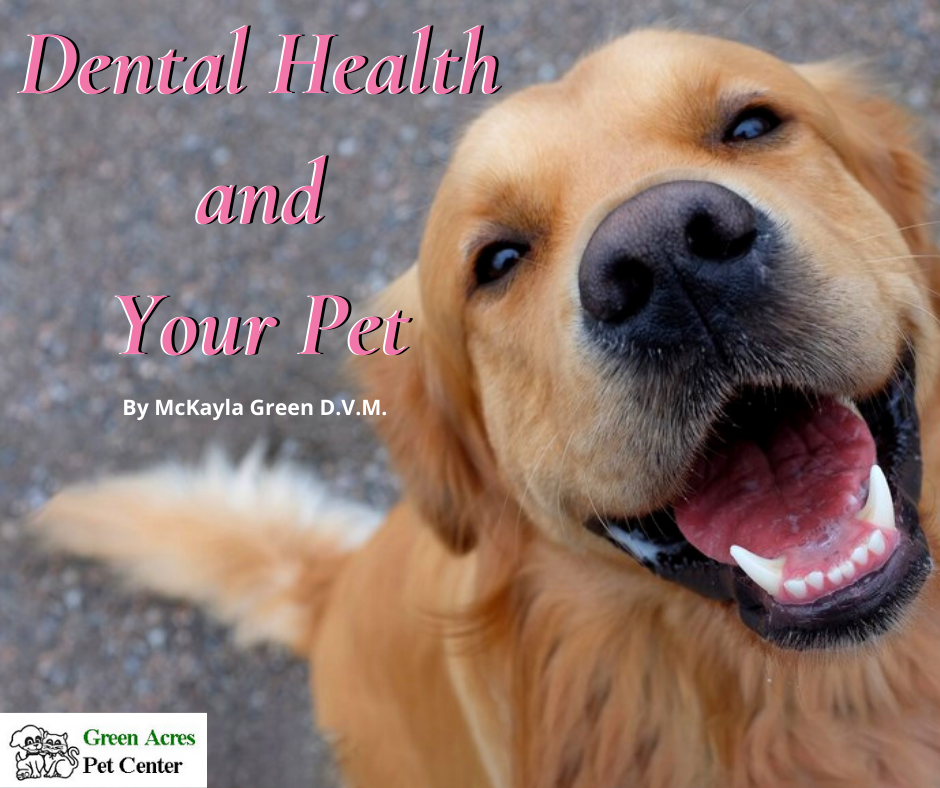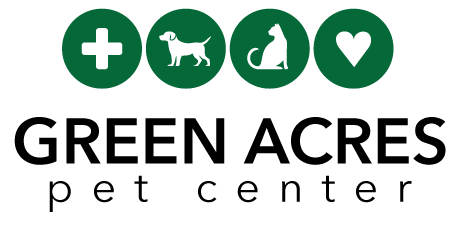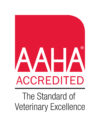
We all know dental health is important for us, but it’s also important for our pets. Do you ever notice an awful smell coming from your pet’s mouth? It could be from poor dental health.
Halitosis, or bad breath, is a sign of periodontal disease. This disease affects the surrounding structures that support teeth, including the gingiva (gums), periodontal ligament (connective tissue that attaches teeth to the bone), and the jaw bones themselves.
- Periodontal disease is the number one problem in small animal medicine.
- It occurs secondary to food and bacteria accumulating along the gums and forming plaque that turns into calculus (tartar).
- By 2 years of age, 80% of dogs and 70% of cats have periodontal disease.
- Periodontal disease can cause local affects (in the mouth) such as abscesses, jaw fractures, ocular problems, oronasal fistulas (connection between mouth and sinus cavity), and osteomyelitis (infection of bone). Other affects include diabetes mellitus, heart-valvular endocarditis (infection of the heart valves), liver disease, kidney disease, and even early mortality.
Things you can do at home to promote dental health:
- Brushing pets’ teeth once to twice daily can reduce plaque and calculus on teeth, and therefore reduce gingivitis.
- To brush your pets’ teeth, use a soft bristled brush or finger brush and apply a brushing action to their teeth. You can start with chicken broth and then transition to pet formulated toothpaste to help freshen breath. The brushing action is more important than what you use.
- Never use human-grade toothpaste, as it may contain harmful ingredients for your pet (such as artificial sweetener).
- To brush your pets’ teeth, use a soft bristled brush or finger brush and apply a brushing action to their teeth. You can start with chicken broth and then transition to pet formulated toothpaste to help freshen breath. The brushing action is more important than what you use.
- Dental chews are great, but not all are designed the same.
- We recommend using products that are VOHC (Veterinary Oral Health Council) approved.
- For a complete list of accepted products go to: http://www.vohc.org/all_accepted_products.html
- We recommend using products that are VOHC (Veterinary Oral Health Council) approved.
- Dry food (kibble) tends to be better for teeth than canned (wet food) due to the chewing action involved with hard food.
- Dental diets are also available through your veterinarian.
- Dental Prophylaxis is recommended annually for most pets.
- Dental Prophylaxis includes debridement, scaling, and polishing, done under general anesthesia. These actions remove calculus that has cemented to teeth, which if not removed, causes gingivitis. If left untreated, calculus can lead to the loss of the underlying architecture that holds teeth in place.
- Diseased teeth are removed as necessary to reduce infection and pain.
We look forward to scheduling your pet for dental prophylaxis soon. Receive 10% off your pet’s dental cleaning during the month of February. Call to inquire about this promotion. Fresh breath makes for happy pets and happy owners. ?

